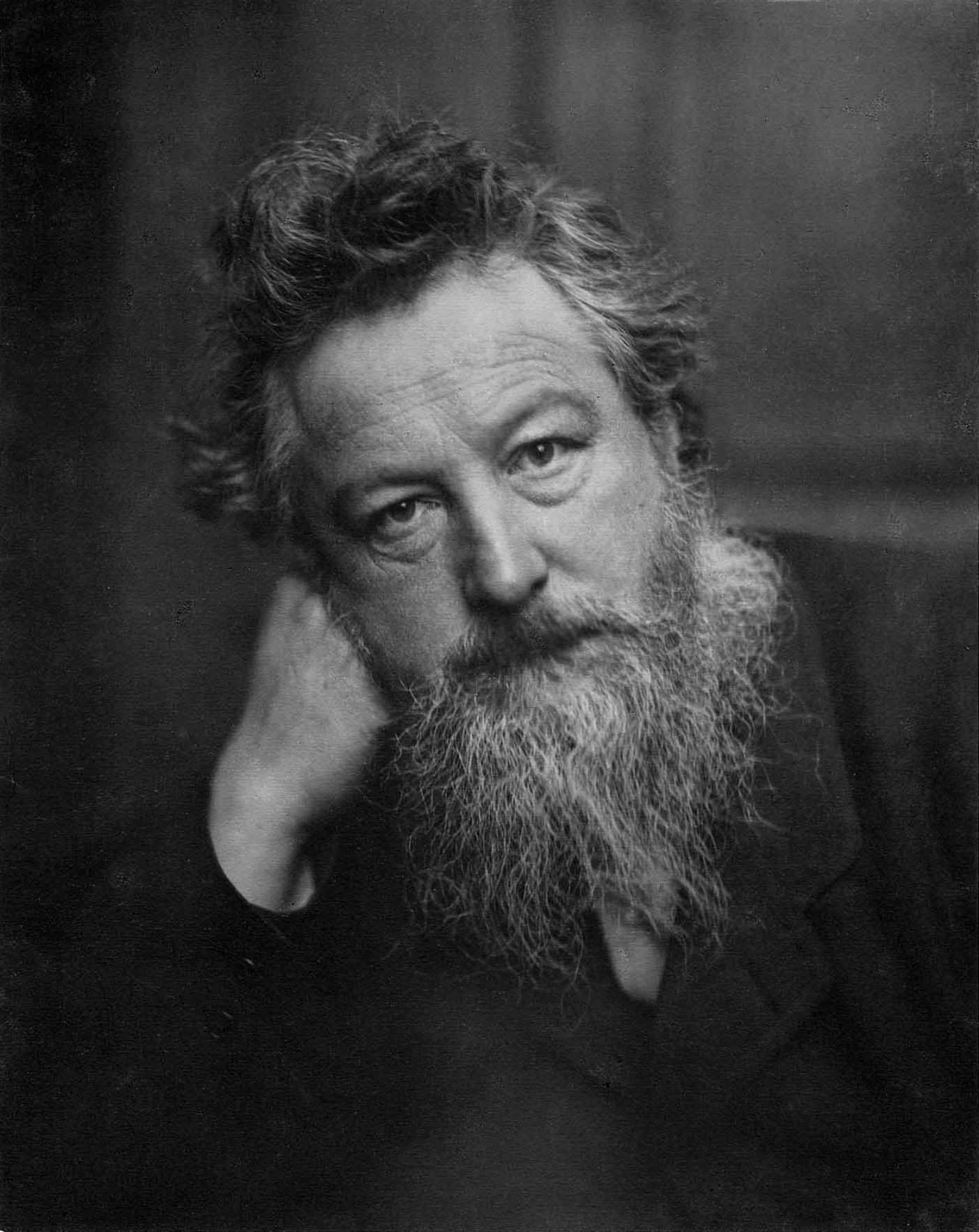Zdroj: A Dream of John Ball (1886), Ch. 12: Ill Would Change Be At Whiles Were It Not For The Change Beyond The Change.
Kontext: To thee, when thou didst try to conceive of them, the ways of the days to come seemed follies scarce to be thought of; yet shall they come to be familiar things, and an order by which every man liveth, ill as he liveth, so that men shall deem of them, that thus it hath been since the beginning of the world, and that thus it shall be while the world endureth... Yet in time shall this also grow old, and doubt shall creep in, because men shall scarce be able to live by that order, and the complaint of the poor shall be hearkened, no longer as a tale not utterly grievous, but as a threat of ruin, and a fear. Then shall these things, which to thee seem follies, and to the men between thee and me mere wisdom and the bond of stability, seem follies once again; yet, whereas men have so long lived by them, they shall cling to them yet from blindness and from fear; and those that see, and that have thus much conquered fear that they are furthering the real time that cometh and not the dream that faileth, these men shall the blind and the fearful mock and missay, and torment and murder: and great and grievous shall be the strife in those days, and many the failures of the wise, and too oft sore shall be the despair of the valiant; and back-sliding, and doubt, and contest between friends and fellows lacking time in the hubbub to understand each other, shall grieve many hearts and hinder the Host of the Fellowship: yet shall all bring about the end, till thy deeming of folly and ours shall be one, and thy hope and our hope; and then — the Day will have come.
